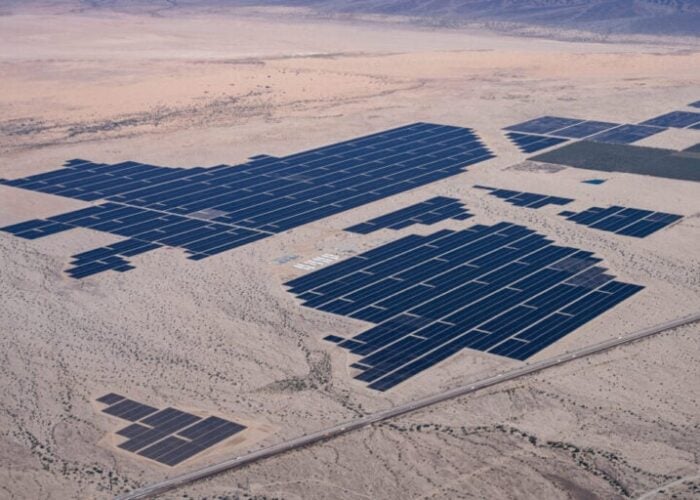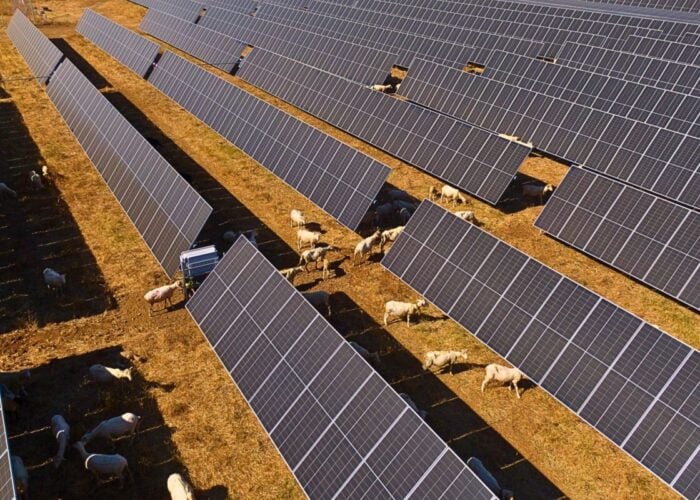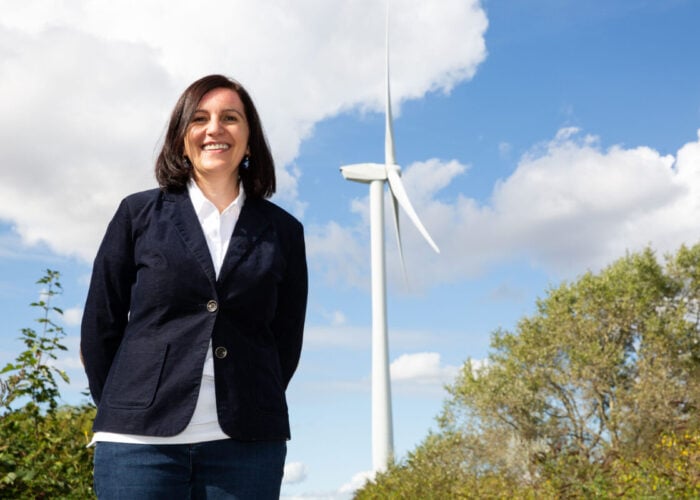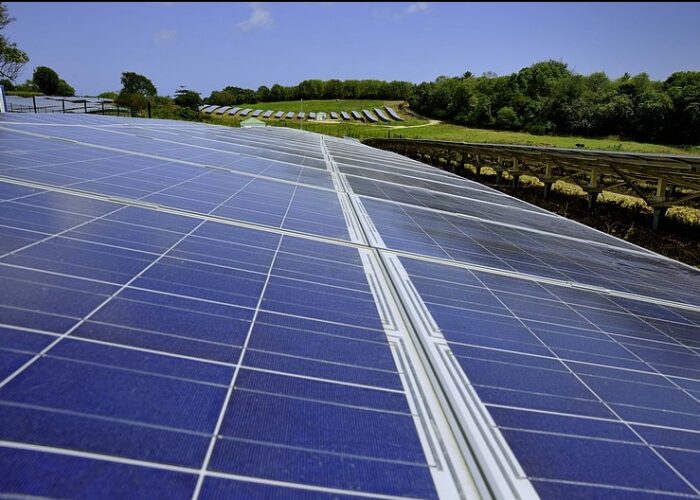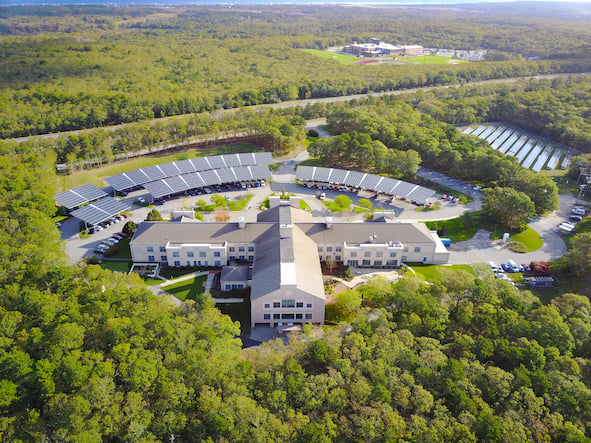
The world’s largest asset manager has pledged to divest its coal investments by mid-2020, screen fossil fuel investments more carefully, and make sustainability “integral” to its investment portfolios.
In open letters published on Tuesday and addressed to CEOs and clients, BlackRock chairman Larry Fink explained that the firm would be exiting investments that have “high sustainability-related risk,” starting with companies that generate more than one-quarter of revenue from thermal coal production.
Unlock unlimited access for 12 whole months of distinctive global analysis
Photovoltaics International is now included.
- Regular insight and analysis of the industry’s biggest developments
- In-depth interviews with the industry’s leading figures
- Unlimited digital access to the PV Tech Power journal catalogue
- Unlimited digital access to the Photovoltaics International journal catalogue
- Access to more than 1,000 technical papers
- Discounts on Solar Media’s portfolio of events, in-person and virtual
It will also “closely scrutinise” businesses that are heavily reliant on thermal coal, in order to gauge their efforts to wean themselves off the fuel.
Fresh measures will be established to ensure that environmental, social and governmental risk is evaluated with the “same rigour” as traditional risk measures, such as credit and liquidity.
BlackRock said it will expand on “dedicated low-carbon transition-readiness strategies” and offer investors greater exposure to businesses managing transition risk effectively.
This includes US$50 billions-worth of existing funds and products, including green bonds and a renewable power infrastructure business active in the solar and wind markets.
In July, BlackRock bought an 80% stake in General Electric’s distributed solar and storage business, now named Distributed Solar Development
BlackRock manages a portfolio of around US$7 trillion of assets on behalf of investors.
‘Climate risk is investment risk’
Tuesday’s missives mark a major milestone for the American asset manager. The firm has come under fire from climate activists for its reticence to respond to climate change, as well as the tens of billions of dollars it has invested in companies producing fossil fuels or contributing to Amazon deforestation.
Fink stated that the firm would be taking a more active role in the transition to a low-carbon economy in the future.
“We believe we have a significant responsibility – as a provider of index funds, as a fiduciary, and as a member of society – to play a constructive role in the transition,” he said.
Fink warned CEOs that BlackRock’s clients are concerned by both the physical risks of climate change and the ways in which climate policy will impact prices, cost and demand across the economy.
“These questions are driving a profound reassessment of risk and asset values,” he wrote.
“And because capital markets pull future risk forward, we will see changes in capital allocation more quickly than we see changes to the climate itself. In the near future – and sooner than most anticipate – there will be a significant reallocation of capital,” Fink predicted.
“Climate risk is investment risk,” BlackRock's CEO added.
Read Fink's letter to CEOs here and his letter to clients here
Isabella Pacheco, Director, Real Assets (Renewable Power) at BlackRock, will be amongst the experts speaking at Solar Media's Solar Finance & Investment Europe conference (London, 5-6 February), which will examine the opportunities and challenges of solar finance's new era.



